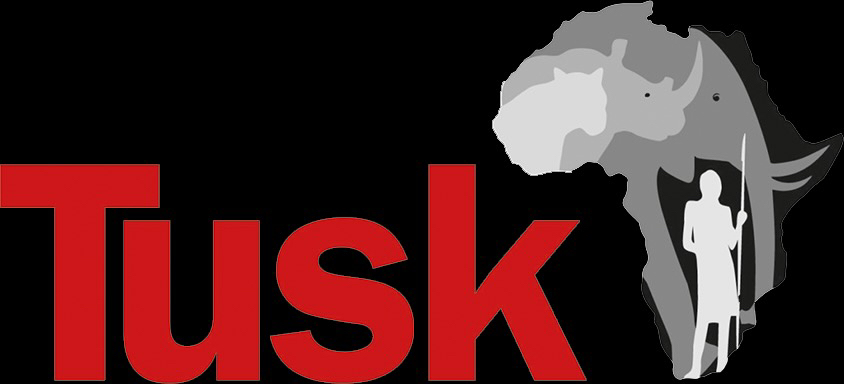A few years ago our business celebrated International Women’s Day. In a well-attended town hall meeting presentations were made and a quiz, firmly aimed at the male contingent, found distinct room for improvement. But I also found myself wondering how and when men might be celebrated. Does our contribution to society still have currency? A short time afterwards I asked a group of young male colleagues for their opinion and the immediate, almost universal response was mental health. We should organise a session to recognise the problem.
The terms ‘mental illness’ and ‘mental health problems’ lack nuance
The terms ‘mental illness’ and ‘mental health problems’ lack nuance. I do realise that the rate of male suicides in the UK is more than three times that of women. Something is clearly very wrong. But does that mean that most men are mentally ill? It turns out to be all about terminology. The terms ‘mental illness’ and ‘mental health problems’ lack nuance and can easily be misrepresented.
It’s important to stress here that there’s a difference between people enduring serious illness and those suffering from problems that are quite normal. When people are mentally ill or clinically depressed, that requires a medical response. However there’s a sliding scale. At the shallower end we should agree that we’re all prone to lapses in our mental health from time to time. I’m no exception.
My own upbringing and early career were peppered with phrases like “Man up”, “Pull yourself together”, “Get a grip”, “Just get on with it and stop moaning”, “Don’t make a fuss”. Now I’m not quite ancient enough to recall the spirit of the Blitz, but it seemed to me that there was something quite noble and ordered about carrying on in the face of adversity and making the best of things. That might be fine if you’re fortunate enough to be wired that way, if you’re a naturally optimistic and confident person. But what if you’re not?
Anyone will tell you that running a business isn’t for the faint-hearted and like all of us, I’ve had various ups and downs and met with extreme challenges. I’ve tried to put a brave face on it all, knowing that to show otherwise would suggest a failing. Weakness and fragility are hardly the preferred characteristics of a CEO after all. Nevertheless, there have been difficult, dark days that are clearer to see and understand with the benefit of hindsight.

For example, when we started researching all of the different health topics for our video calendar I started to realise that I suffered every single one of them! Who hasn’t been exasperated by a disruptive, argumentative colleague, stressed out by an impending deadline, or discovered that working from home can be quite lonely? Our research and case studies, along with discussions with our expert partners, really helped me to understand how and why I respond to certain situations, and to realise that there’s much of it that I can control – or at least mitigate against. The first thing of course, is to call things by their name. If we define any setback or dark mood as a ‘mental problem’ then we are trivialising and demeaning a natural response to difficult, sometimes prolonged and serious situations. Thankfully the destigmatising of mental health in all its guises is gaining traction and for many it is indeed now “OK not to be OK”. If we understand it to mean that many mental health conditions can be recognised, owned and addressed, and therefore improved, then perhaps we’re on to something.
Gallantium’s own research shows that people who understand and share their problems and concerns with colleagues or managers, and who create a positive action plan for themselves, can make huge improvements to their mental health and wellbeing. It’s also worth pointing out that anyone can benefit from positive mental fitness training in the same way that they can benefit from physical fitness training. The more we exercise and focus, the fitter we become and the better we are able to perform.
The numbers of people claiming to suffer from mental health problems is indeed very high. In 2018 the charity Mind conducted a study into workplace wellbeing and found that
48% of all people surveyed said they experienced a mental health problem in their current job.
48% of all people surveyed said they experienced a mental health problem in their current job. Given that a clear, focused mind leads to better work performance, and that better performance means increased productivity for the organisation, no employer can afford to ignore the importance of good mental health – or fitness.
This World Mental Health Day also marks Gallantium’s anniversary. We set out to help employers create better working environments and our committed team and partners continue to work towards that goal. It’s my fervent hope that, along with my own enlightened perspective, the mental health landscape for the UK workforce will continue to evolve and improve.
Further reading and useful support materials:
MFHA England – Ten workplace mental health statistics you should know in 2022
Health & Wellbeing Support Directory – Professional Support









